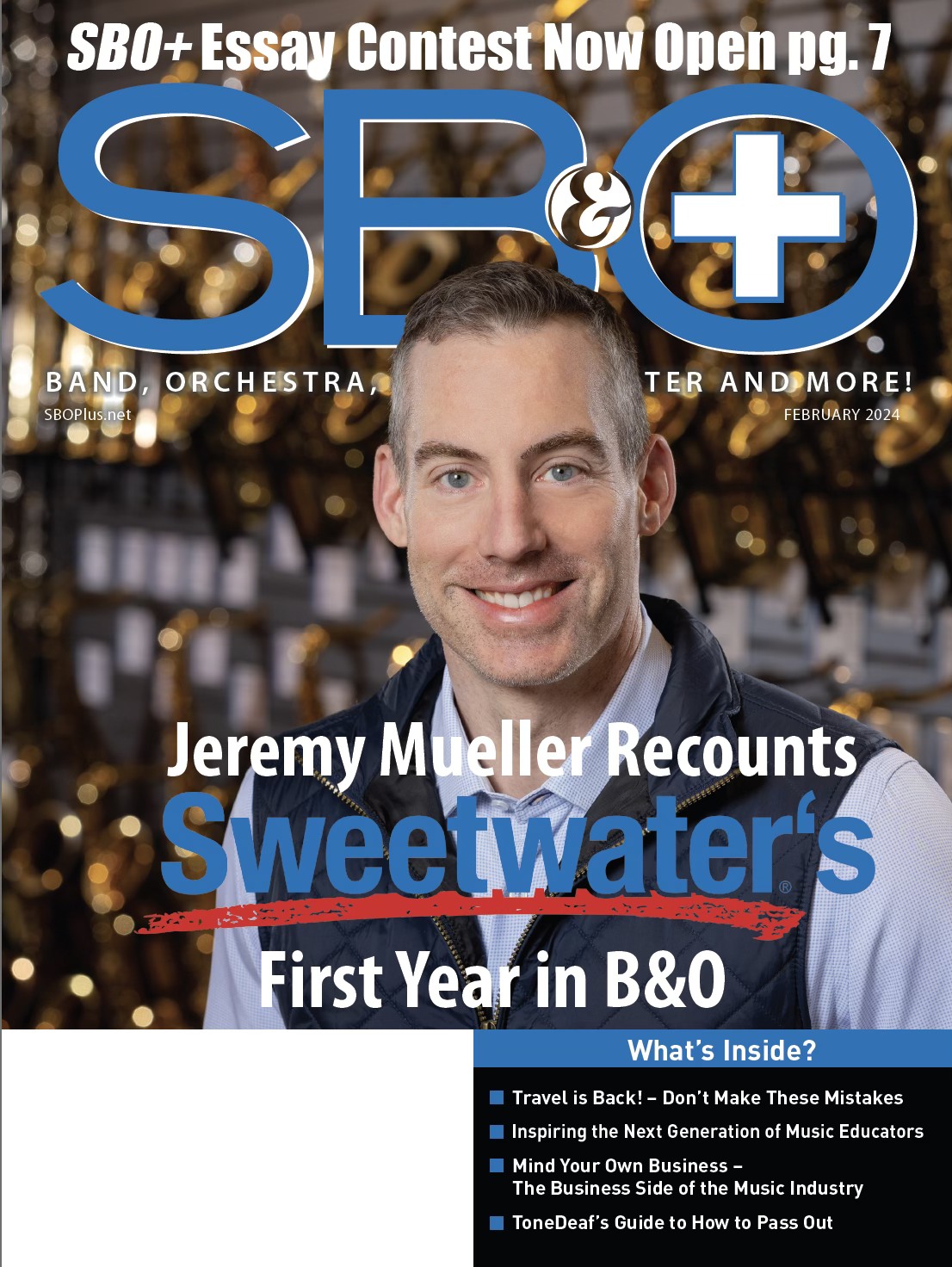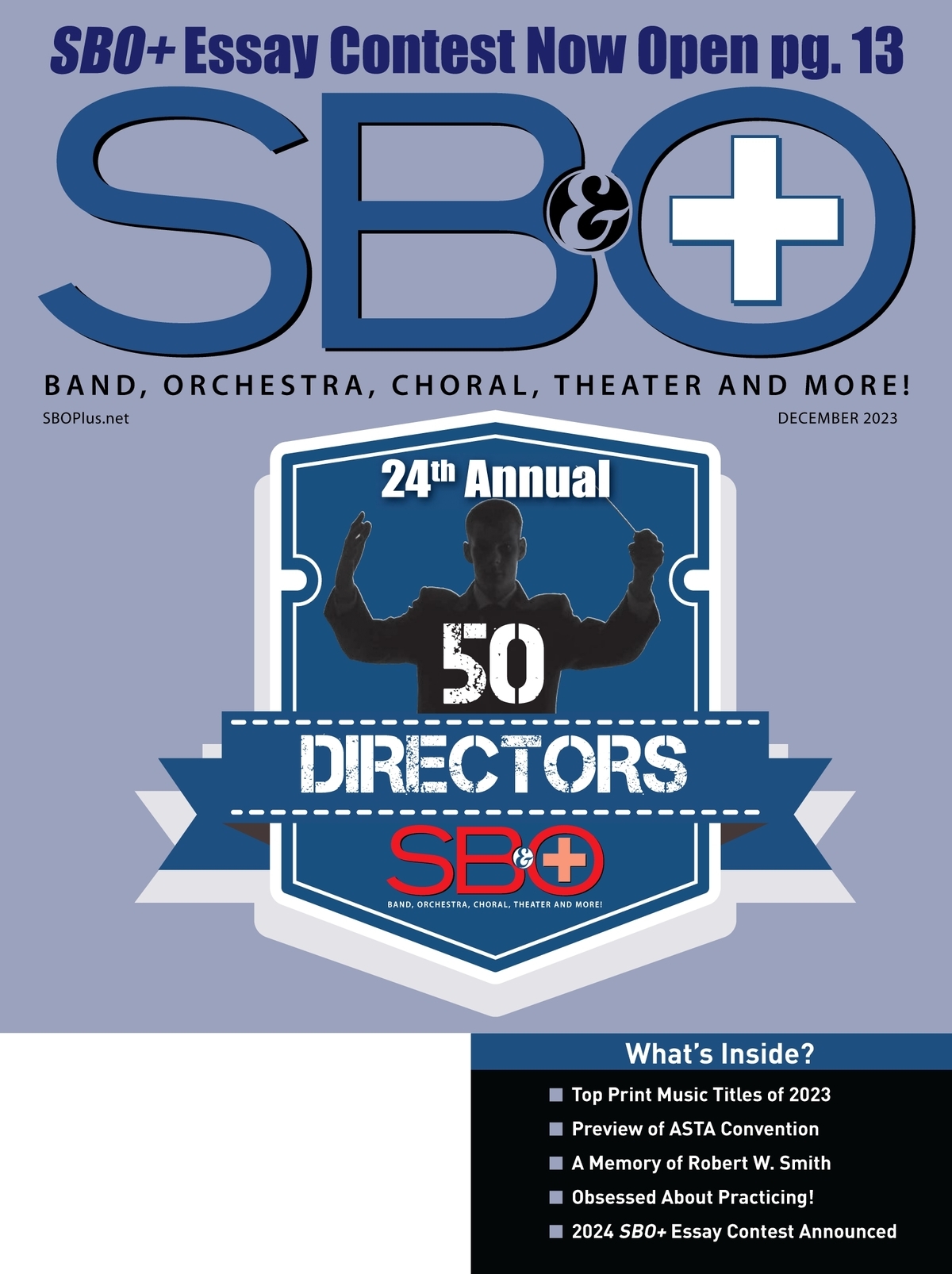EDUCATORS SUBSCRIBE FOR AS LOW AS $0.00! CLICK HERE!
 In my own experience initiating and executing an El Sistema program as an afterschool supplement to an already existing school-based music program, I noticed some of the same tensions between even the best of professionals. These sorts of tensions arise very naturally for us. As musicians, we spend hours refining nuances in practice rooms, and then perform for others, waiting for them to find the tiniest imperfection, point it out, and urge us to greater perfection. The university-level experience conditions us to be critical – of ourselves and others – and to pursue perfection.
In my own experience initiating and executing an El Sistema program as an afterschool supplement to an already existing school-based music program, I noticed some of the same tensions between even the best of professionals. These sorts of tensions arise very naturally for us. As musicians, we spend hours refining nuances in practice rooms, and then perform for others, waiting for them to find the tiniest imperfection, point it out, and urge us to greater perfection. The university-level experience conditions us to be critical – of ourselves and others – and to pursue perfection.
Adding to this “natural state” of musicians is the perennial stressor of funding and policy issues. Hardly more than a few syllables need to be uttered on the topic. We all know that music education and arts policy and funding are chronic targets for school systems and administrators facing tough bottom-line decisions. With educators being asked to do more with less to an often-unrealistic extent, the landscape can seem to be an inhospitable “survival of the fittest” scenario.
No matter the reason, however, it benefits us all to quickly identify solutions and implement them. In the name of good art, and good professionalism, I propose the following strategies as a starting point for musicians, in whatever capacity we work in and around schools.
1. Rally around what is important.
We all know that bow holds can be a point of contention for string instructors. Similarly, whether we use “Every Good Boy Does Fine” or “Empty Garbage Before Dad Flips” to teach the treble clef can cause consternation when music educators share a student pool. However, professionals who rally around what is important will remember what is important – the kids and the music. We all want these young people to experience the life-altering truth we experienced – namely, that music can impact lives positively and infinitely. Meet with your counterpart. Refine the biggest points of pedagogy on which compromise is too difficult. Learn to cope with the rest.
2. Learn communication and live it.
Are you an afterschool El Sistema staff person who has a free lunch hour during the day? Why not stop in and offer 30 minutes of classroom support to your daytime counterpart? Are you a school-based music teacher with a few minutes to spare before the commute home? Drop in to the El Sistema program and be a support. In so enacting a participatory communication, trust builds not only between professionals, but also reinforces to the young people you share that there is a unity, even when nuances of pedagogy might differ. Wrapping around these kids in community as we live out a healthy communication pattern is beneficial to all of us who love them and want to see a prosperous future for them.
3. Realize we are not in competition.
My standard line to school-based music educators is that I am, in no way, here to usurp you or take away your job. I am here to work alongside. If I do my job well, I make your job easier – both in terms of actually teaching the kids and in terms of justifying the necessity of heavy arts education investments.
I know that cash-strapped music programs can see El Sistema’s appeal to funders who would not ordinarily invest in the school day programs as a frustration and competition for a limited pool of donors. The truth is, though, that we each are activating segments of the funding public with our unique appeal and strategy.
It may seem natural to think that someone who funds music in one place will fund it in all places, but history and reality prove that that theory is simply not true. However, by each pursuing a high level of excellence, we are bolstering the argument for the other within our spheres of influence. And, ultimately, the true story of the power of music and its impact on society will best be told through both of us.
The truth of the matter is the same as it is in our individual practice rooms – excellence begets excellence. And whether we are a traditional, school-based educator or El Sistema program personnel, we are all musicians who understand the value of our craft and its power to impact lives. We need the traditional paradigm of school bands, orchestras, choirs, and music instruction to be led by confident, skillful musicians who understand their students, the unique challenges of their position, and who pursue excellence. We also need the new generation of music education professionals coming about as El Sistema develops in the U.S. to do the same.
I have confidence that we are capable – I once played as part of a piccolo trio and managed to perform in tune. If harmony can be achieved in that scenario, surely navigating the rigors of the bureaucratic and institutional challenges before us are not insurmountable. After all, we are musicians – harmony is our native tongue.
El Sistema USA is a national organization dedicated to upholding the ideals of the El Sistema model of music education by supporting the community of programs that enact this paradigm in their cities and regions, while also maintaining a national standard of excellence and best practices. Led by musicians equally devoted to the idea of musical accomplishment and societal improvement, El Sistema USA seeks to promote comprehensive excellence and, in turn, a future brightened by full engagement with great music.
Victoria Petro-Eschler is the administrative assistant and online content coordinator for El Sistema USA. A flute player and music education advocate, Victoria has been active in the El Sistema USA family since 2013. She holds a B.M. in Music Therapy from East Carolina University (‘02), an M.A. in Musicology from Brandeis University (‘09) and a M. of International Studies in International Nonprofit Management from North Carolina State University (‘13).






